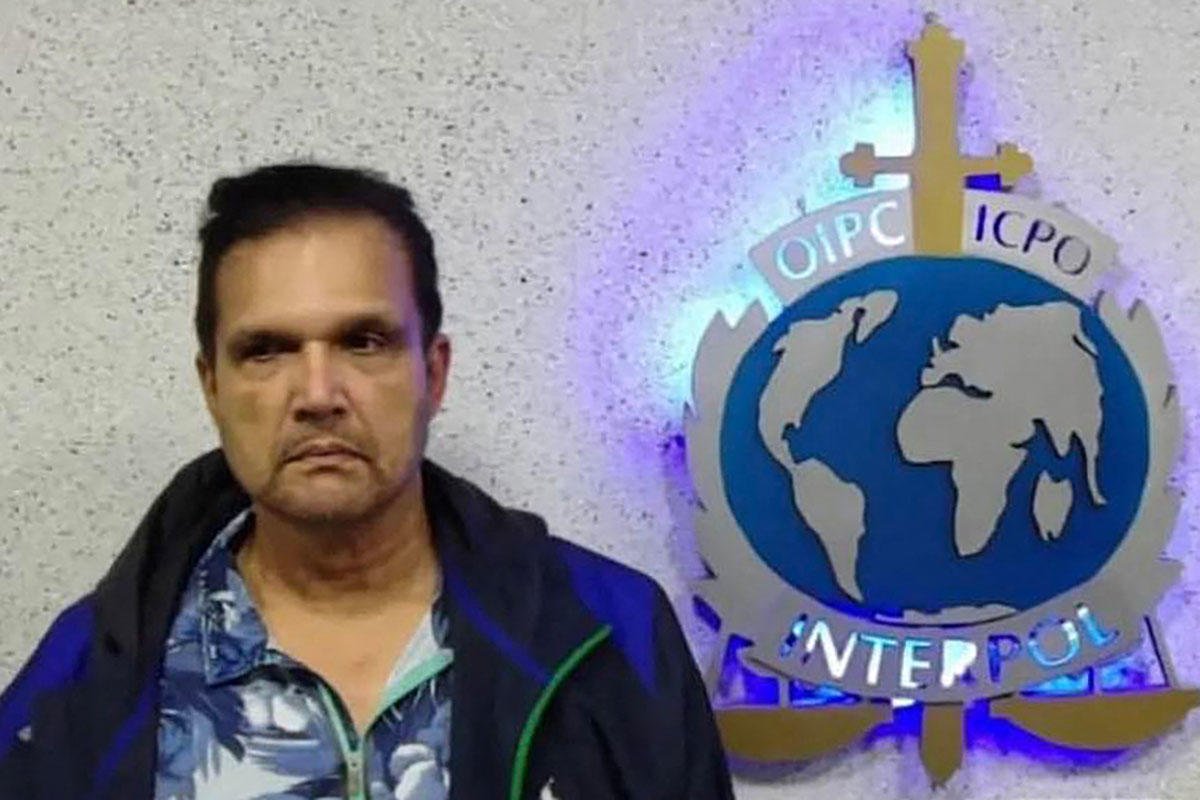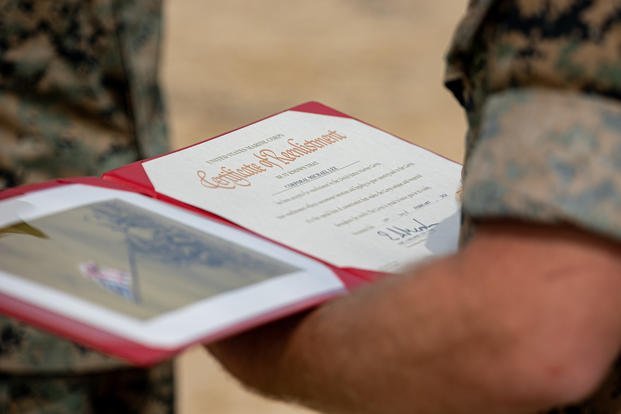
SAN DIEGO — Leonard Glenn Francis, the Malaysian contractor known as “Fat Leonard” at the center of the U.S. Navy’s worst-ever bribery and corruption scandal, will appeal the 15-year prison sentence that a San Diego federal judge imposed earlier this month, according to documents filed by his attorney.
The prison term imposed by U.S. District Judge Janis Sammartino at the Nov. 5 sentencing hearing was more than three years longer than what prosecutors recommended for Francis, who bilked the Navy out of at least $35 million but also provided what prosecutors called “unprecedented” cooperation in identifying corrupt Navy officers who accepted his bribes. Sammartino also ordered Francis to pay $20 million in restitution to the Navy.
As part of his plea agreements in three cases, Francis gave up his rights to appeal his convictions but had 14 days to appeal his sentence. On Tuesday, two weeks since his sentencing hearing, defense attorney Douglas Sprague filed notices of appeal in each of Francis’ cases.
The notices are simple, one-page documents that provide no details about the arguments he’ll make.
Francis, 60, remains jailed in San Diego, according to online records from the Federal Bureau of Prisons, though Sammartino recommended he serve his remaining time in custody at a medical prison facility. When accounting for credit he’ll receive from time he has already been held in custody, Francis has about 8½ more years in prison, pending the outcome of his appeal.
Francis, who was known as “Fat Leonard” because of his enormous size, spent decades bribing a rotating cast of officers from the Navy’s 7th Fleet in the Western Pacific who in turn steered ships to the Southeast Asian ports controlled by Francis and his company, Glenn Defense Marine Asia. Francis then charged the U.S. government heavily inflated prices for routine services.
Francis was arrested in 2013 in the first of what became a series of bribery, fraud and corruption cases related to GDMA. He pleaded guilty in 2015 to charges of bribery, conspiracy to commit bribery and conspiracy to defraud the United States and quickly became the government’s key witness, providing what prosecutors described as “unparalleled” cooperation that led authorities to investigate some 1,000 Navy personnel.
At his sentencing hearing this month, Francis also pleaded guilty to a charge related to his 2022 escape from house arrest. For all of his crimes, the federal sentencing guidelines recommended a prison term between 17½ and nearly 22 years. But in large part because of the cooperation Francis provided, prosecutors recommended a sentence just shy of 12 years.
Sammartino, who has presided over almost all of the cases related to Francis and the Navy corruption scandal, said she took into account Francis’ cooperation but called his corruption scheme “insidious” and said the 15-year term was more appropriate.
In a related case, an attorney for retired Navy Capt. David Haas, who pleaded guilty to taking bribes from Francis and recently spent two years in prison, filed a motion on Tuesday indicating Haas will seek to have his felony conviction reduced to a misdemeanor. The request stems from prosecutorial misconduct that has resulted in nine other defendants having felony convictions reduced or dismissed.
Earlier this year, prosecutors promised in a court filing to review the cases related to the Navy corruption scandal to determine if any defendants who already pleaded guilty and were sentenced should have their charges reduced or dismissed because of the prosecution issues.
Haas is the first known defendant to seek such relief.
Chuck La Bella, who is representing Haas, sent an email to prosecutors last month asking them to reduce Haas’ felony conviction to a misdemeanor, according to the email exchange contained in a court exhibit. Assistant U.S. Attorney Peter Ko responded in part: “I respectfully do not see a genuine legal concern requiring … relief in his case. For that reason, we cannot agree or consent to a … motion vacating Mr. Haas’s conviction.”
In the document filed Tuesday, La Bella wrote that Haas will instead file a habeas corpus petition — essentially asking the court to review the validity of his conviction and sentence — that’s based on the prosecutorial misconduct.
_______
©2024 The San Diego Union-Tribune. Visit sandiegouniontribune.com. Distributed by Tribune Content Agency, LLC.
© Copyright 2024 The San Diego Union-Tribune. All rights reserved. This material may not be published, broadcast, rewritten or redistributed.

















